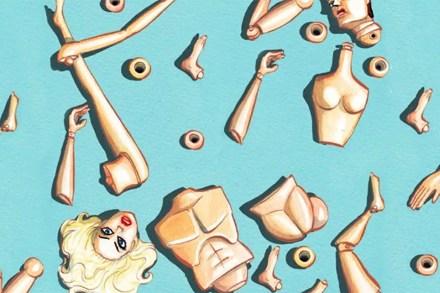The trans rights conflict doesn’t add up
Last week, the Office for National Statistics published the data on gender identity in England and Wales, as revealed in the latest UK census. For the first time ever, the census included the following question: ‘Is the gender you identify with the same as your sex registered at birth?’ This was asked of those aged 16 and over and 45.7 million people, about 94 per cent of the total, answered. In total, 45.4 million (93.5 per cent) answered yes and 262,000 (0.5 per cent) answered no. The lobby group Stonewall welcomed the news. ‘It’s incredible to see the true size of the LGBTQ+ community,’ it tweeted. But it must have





















